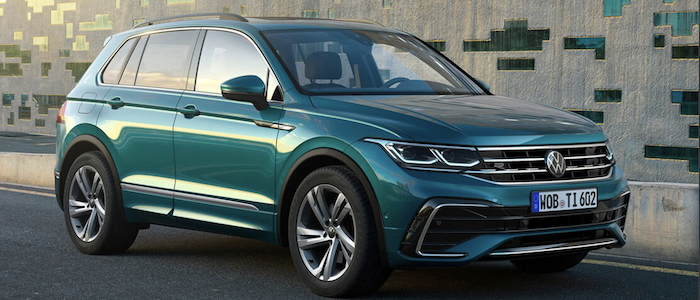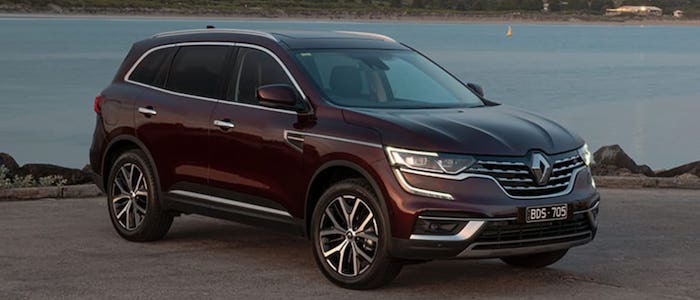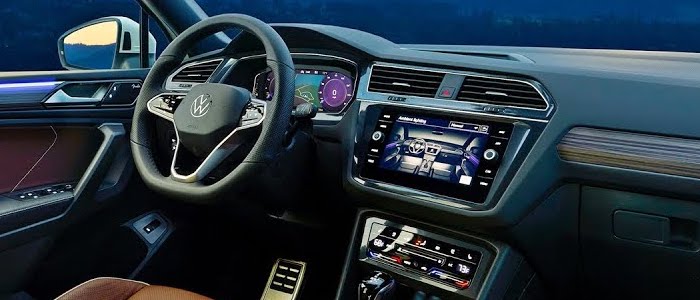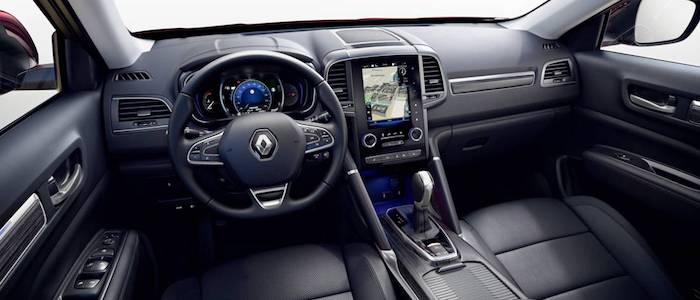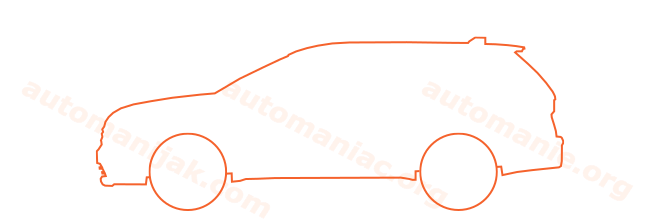Compare two cars
Compare any two cars and get our Virtual Adviser™ opinion
Dimensons & Outlines
Check vehicle history
Engine
1.3 HR13DDT / H5Ht TCe 160
Performance (manual gearbox)
Performance (automatic gearbox)
Expenses
Virtual Adviser's™ opinion
Two significantly similar cars, no doubt about that. Still, each one has something different to offer. Having both cars powered by petrol engines and utilizing the 5-door suv body style within the same 'SUV' segment, the only major difference here really is their wheel drive configuration (4 x 4 for the Volkswagen and front in the case of the Renault). The first one has a Volkswagen-engineered powertrain under the hood, a 4-cylinder, 16-valves 320hp unit, while the other one gets its power and torque from a 4-cylinder, 16-valves 160hp engine designed by Nissan.
SafetyA starting point here would be to take a look at the results from European New Car Assessment Programme (Euro NCAP) tests which were performed on both of the cars, with the same number of safety stars gained in the process. That aside, let's consider some other aspects which affect safety. Both vehicles belong to the suv segment, which is generally a very good thing safety-wise, still it doesn't help us solve our dilemma, does it? Furthermore, taking kerb weight as an important factor into account, the German car offers a marginal difference of 8% more metal.
ReliabilityManufacturers have been building their reliability reputation for decades now and, generally speaking, it appears that Renault does have a slight advantage, at least on all of the models level. These are the results of an independent reasearch, while our visitors describe reliability of Volkswagen, as well as Renault, with the same average rating of 4.2 out of 5. Unfortunatelly, I don't have enough insight that would allow me to comment in more details on the specific models level. That apart, owners of different cars powered by the same engine as the German car rank it on average as 3.0 out of 5, exactly the same as the other one.
Performance & Fuel economyVolkswagen is way more agile, reaching 100km/h in 4.8 seconds less than its competitor. In addition to that it accelerates all the way to 250 kilometers per hour, 50km/h more than the other car. When it comes to fuel economy the winner has to be the French car, averaging around 6.8 liters of fuel per 100 kilometers (42 mpg), in combined cycle. We can't ignore that 19% difference compared to the German car.
Verdict
Renault appears just a bit more reliable, although the difference is truly marginal. The most important thing when deciding between any two vehicles should always be safety, both passive and active. In my opinion, everything taken into account, the German car offers slightly better overall protection and takes the lead. It all continues in the same direction, with Volkswagen outracing its opponent in any situation possible, making it better choice for boy racers. It does come at a cost though, and that's the fuel consumption... No mistake, whatever you decide here, but I'd still go for the Volkswagen. Anyway, that's the most objective conclusion I could've came up with and it's based solely on the information found on this website. Aspects such as design, practicality, brand value and driving experience are there for you to measure them out. I suggest you spend two more minutes in order to find out which car, based on your needs and budget, would be picked by the virtual adviser™, among thousands of similar, yet so different vehicles.























